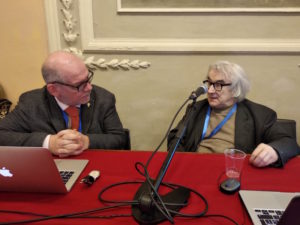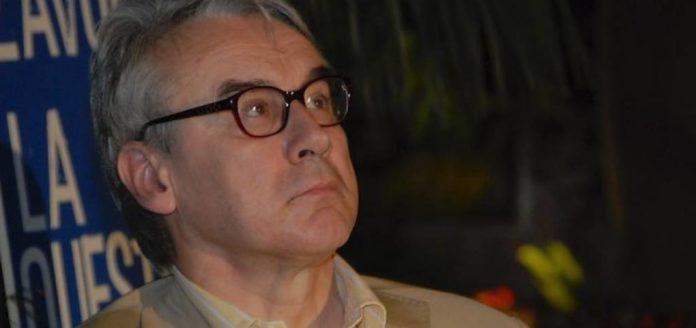Rome (NEV), June 19, 2020 – “A sincere atheist”, the philosopher Giulio Giorello loved to call himself, died on June 15th in Milan due to the consequences of the CORONAVIRUS he had contracted a few months ago.

Atheist, of course, but in constant dialogue with the faiths, we could say by rereading his long biography. A theme, that of religious presences, which accompanied the life of the philosopher, as he himself remembered last year in Bologna during the 2nd annual meeting of the European Academy of Religion (EuARe), in the panel “Religion, science and Weltanschauungen”, with Fulvio Ferrario, dean of the Waldensian Faculty of Theology in Rome. In this meeting Giorello shared the intellectual freedom experienced in his family of origin and the free educational approach that had prompted him to investigate the most original and distant contexts from his domestic, cultural and religious experience. This was how he had come to discover Martin Luther and in particular the idea of the universal priesthood. Then the meeting with Ludovico Geymonat, his teacher, of which he remarked “not only the dual personality of freedom fighter and man who aimed for a renewal of philosophy, but also his double cultural nature”. Geymonat, from a Waldensian family of Torre Pellice, had obtained a second degree in mathematics and – continued Giorello – “this demonstrated his fundamental need to bring together philosophical thought and scientific practice”.
Doubt, which Giorello defined “food for the debate and the critical attitude that identifies the problematic points of a discipline”, was perhaps the main feature of his philosophical research, and the method for solving the science-philosophy-faith relationship as well.



























